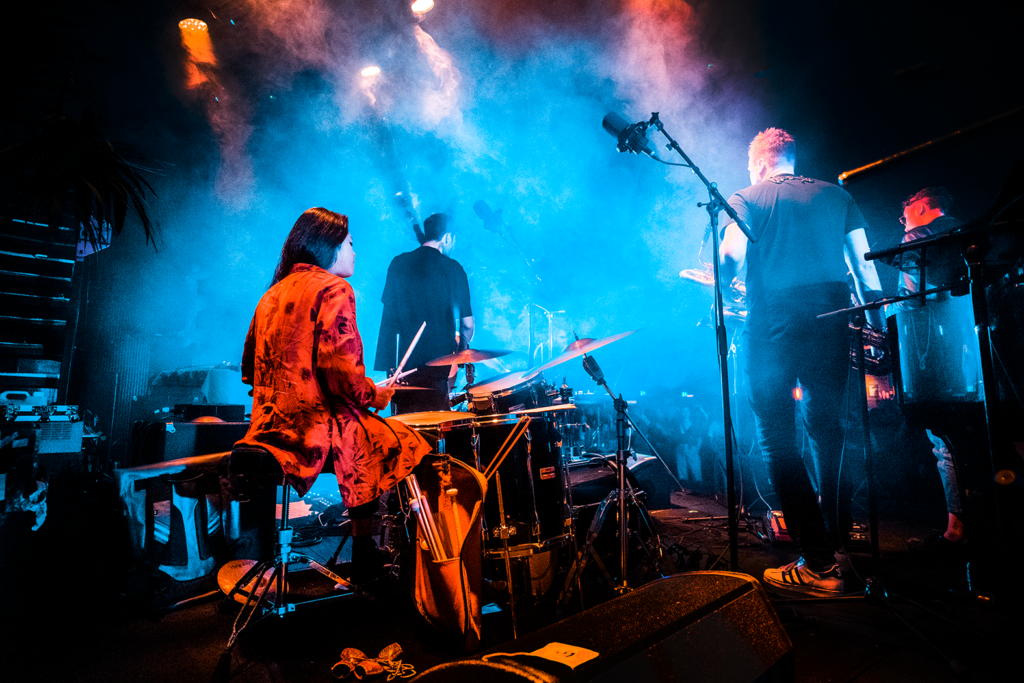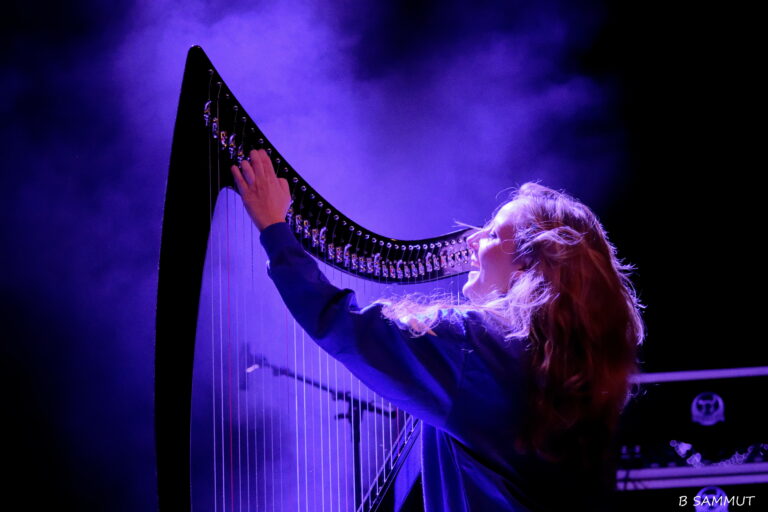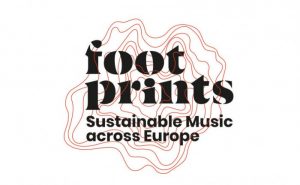Back in 2020, in the middle of the pandemic, German institutions decided to launch the biggest investigation that has ever been done on the different artist development programs existing through Europe and dedicated to Jazz and Contemporary Music. There is no other way today if we want to improve our support to young musicians than to better understand, to compare the schemes we created over the past years in each country.
We conducted the survey in the second half of 2020 on behalf of the Initiative Kölner Jazzhaus e.V. / Stadtgarten Cologne and the Ministry of Culture and Science of the German State North Rhine-Westphalia on the occasion of the newly initiated excellence support programme NICA artist development. The aim was to provide a systematic overview of long term programmes in Jazz and Contemporary Music for the promotion of musicians in Europe, to collect empirical values, to compare them and to draw lessons for the design of such support schemes. The survey initially covered 50 projects in eleven European countries of which 36 were finally included in the results. Some interviews were conducted with 80 individuals and representatives of the different institutions regarding their experiences, their assessments and their suggestions for improvement towards their existing talent development.
The 36 programmes considered are sometimes very different in their structure, working methods and organization and are based on different national, regional circumstances. All programmes have in common the goal of supporting professional musicians in the development of their careers and of strengthening an orientation of their musical work by setting specific focal points and working alongside them for part of their musical path. They all were analyzed to previously defined criteria that are outlined below.
establishment and duration
Only a few of the programmes considered like the ones in Luxembourg (since the 1990s), or the High Priority Jazz Promotion in Switzerland (2005) can look back on a longer history. Most of the schemes in the field of jazz were established in the years after 2010. The duration of funding also varies; among the programmes collected, it seemed obvious that a funding period of one year was a priority. A longer duration is only allowed by a few programmes, including NICA artist development and the Priority Jazz Promotion or Jazz Migration.
number and age of participants
The number of participants who receive support is equally differentiated. Some programmes, support a larger number of musicians, while others deliberately aim to support fewer artists but the number of participants in the clear majority of programmes (61%) is less than 10. Most of the programmes surveyed are aimed at musicians who already have a high artistic quality but who do not yet work with agencies, producers or entourage that support them in their work. Accordingly, the average age of the artists at the time of their application is between 25 and 35 in most schemes.
what is financed?
For many artists, the crucial question is whether funding covers living expenses or only musical activities. According to the results of the survey, 12 programmes cover living expenses, 21 do not. While in some programmes the volume of the grant depends on the size of a project (e. g. Bimhuis Amsterdam), in others (e. g. Frauenkulturbüro Nordrhein-Westfalen) there are no corresponding guidelines. This clear bearing already indicates that the amount of financial support varies and that it can take different forms.
The second part of the survey allowed us to determine the content of every support schemes and which elements the participants would found helpful. In general, all participants look back on the time of their sponsorship with great contentment and most of them reported concrete successes or positive developments associated with their participation in the support schemes, including increase in performance opportunities, intensification of cooperation with musical partners, better level of awareness, the use of new formats for performances and the improvement of cooperation with music actors.
artists life
Especially in the early stages of a professional career as a musician, some elements of the programmes have proven to be particularly desirable or helpful. Most frequently mentioned in this context was the coverage of living costs from programme funds, as this means that one’s own artistic work is not restricted by financial necessities and not being subject to economic pressure. In addition, the opportunity to gain practical experience through performances and concerts – included as fully part of projects such as Jazz Migration, Nuova Generazione Jazz, etc. – was also seen as one of the major advantages associated with participation in such projects. Musicians, after all, often suffer from not having predictable engagements, although these are of particular importance for their own artistic development.
mentoring and coaching
The musicians interviewed repeatedly expressed that they had enjoyed intensive artistic training during their studies but had been insufficiently informed about career prospects and requirements. This assessment should be seen against the background that the market for musicians has changed noticeably in recent years, not least regarding the importance of digital marketing strategies and the different roles that musicians have to take on today. Accordingly, the variety of tasks artists are confronted with requires a broad view of the scene and skills in many different areas. Therefore, mentoring and coaching concepts were seen as very valuable. Mentoring in the areas of social media, contract design, self-management, administration support, applications understanding, etc. was mentioned as particularly positive and somehow necessary by most of the participants.

networking and connections
In addition to musical and professional skills, the artists interviewed also mentioned networking as a particularly important item. This is especially true with regard to international networks and stays abroad, as these increase intercultural competence for artists involved. Contacts with other musicians, promoters, journalists etc. can be considered important, especially in times of pandemics. Today, “networking” can be regarded as one of the essential requirements for international careers.
It also makes a lot of sense for many to imagine that such programmes would be designed in cooperation with festivals or venues. In this way, contacts could be established and mediated in a comparatively uncomplicated way. Some of the programmes considered, such as the French Jazz Migration and the Belgian JazzLab, work in this context with a fixed selection of festivals and venues that are involved, participating in creating strong and reliable basis for “network”. Another aspect that played a role in the interviews was the question of the importance of alumni networks and some artists pointed out that the dialogue with former programme participants can also be very helpful.
An important object of our investigation was to question which inherent factors of the programmes might limit their effectiveness. The evaluation of the questionnaires showed that despite all the successes of the fundings, there were always obstacles, partly structural, that hinder the artistic development or the focus of the artists.
inflexibility of the program and tools available
One perception relates to deficiencies in the structural balance of the support schemes: the balance between fixed elements and those of artistic freedom varies from programme to programme. Some have fixed components from which participants can put together their own modules, while other programmes make significantly fewer specifications. And loose structures are seen more positively because, as professional musicians, they would have a better and more accurate understanding of where they need support and where they do not.
In addition, other factors were mentioned, like the lack of basic equipment in rehearsal rooms such as suitable instruments or the lack of demo tapes and videos that can be made available to organisers as business cards. Indeed, beyond a certain level of talent, it is crucial for artists to have the right tools, instruments or equipment for a more sustainable career.
a need for a better and deeper knowledge of the jazz world
Some artists reported to have too little contact with other artists, professionnals or people with good knowledge of the scene and this can be perceived as demotivating in certain programmes, considering the importance of creating connections and networks.
The cultural landscape and especially the funding part of it is broad and can be perceived as confusing even by experienced musicians. Musicians do receive artistic training at universities and conservatoires; however, in order to make a living from their art, they need additional skills and knowledge. And again it becomes clear that a very well educated musician cannot get a global overview of all potential funding opportunities because anchor points can be missing. Another additional skill that many very well educated musicians do not have is writing funding applications. The question of the application and its complexity vary significantly from programme to programme but can be strong issues and blockade for many very talented musicians.
some complicated career management
The compatibility of family and career is an important issue in the music industry per se, as travelling, rehearsals and concerts cannot always be planned in the long term as much as family life includes contingencies. Against this background, artists have to find individual solutions that work for them. Especially regarding the promotion of women, it can make sense to place a special focus on the situation of female artists in the conception of programmes.
Other possible difficulties mentioned in interviews with musicians have to do with the increase in funding career opportunities. Since the number of programmes that include offers for both artistic and professional development, and thus the number of participants in such programmes, has increased significantly in recent years, many offers have great similarities in terms of conception, leading to duplication and standardization, creating global questioning on career opportunities for many artists, with the possible remaining image of “young artist” forever.
Europe has a diverse funding structure, excellent initiatives and committed networking programmes in the field of jazz and contemporary music. Nevertheless, it is possible to filter out from the data presented here recommendations for an “ideal support programme” which would be the result of the important exchange of experiences we had over that study:








Anke Steinbeck, Judith Kobus, Ralf Hell
On behalf of:
NICA artist development
The full survey is available here: https://bit.ly/3S4jcej



